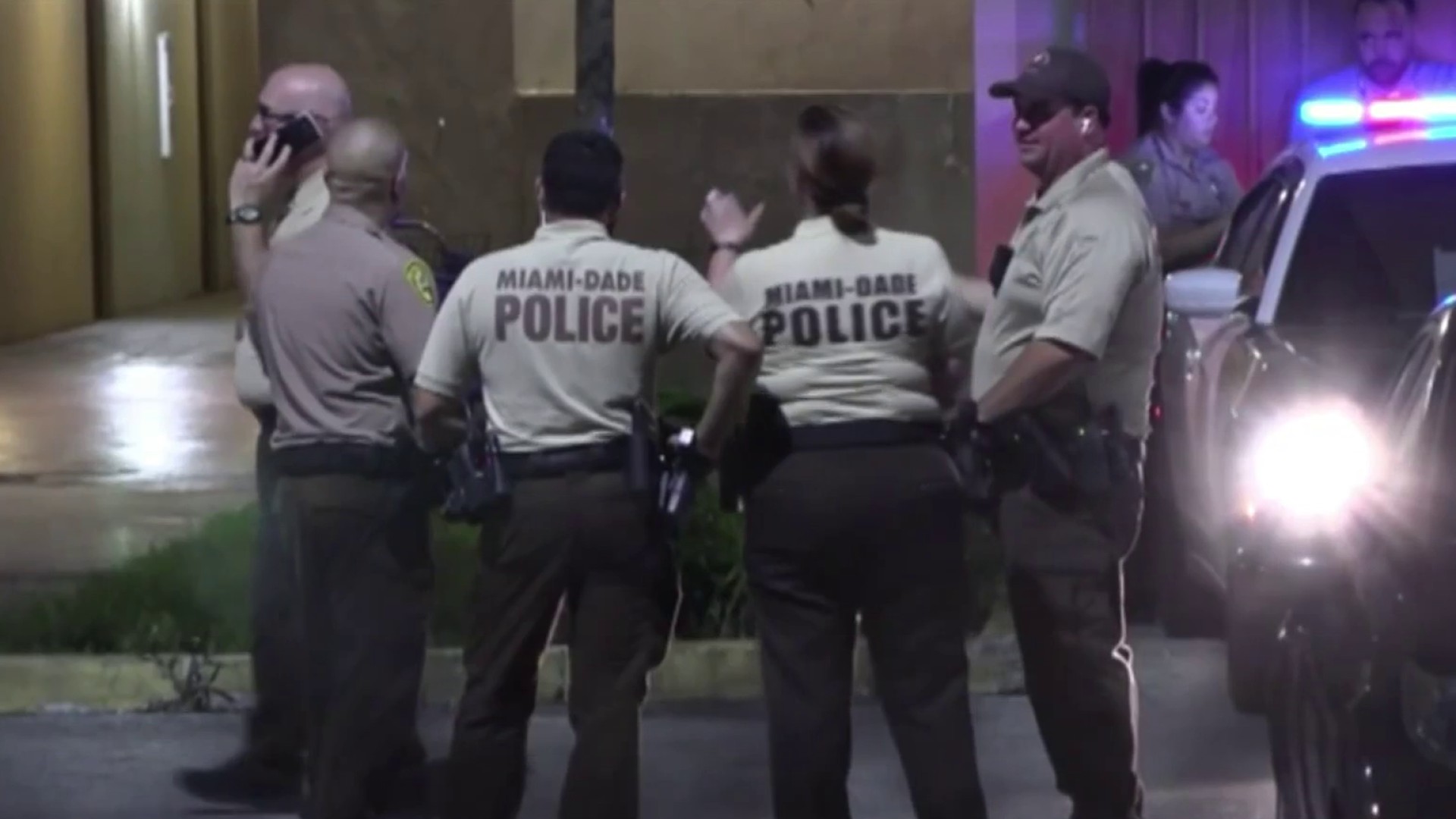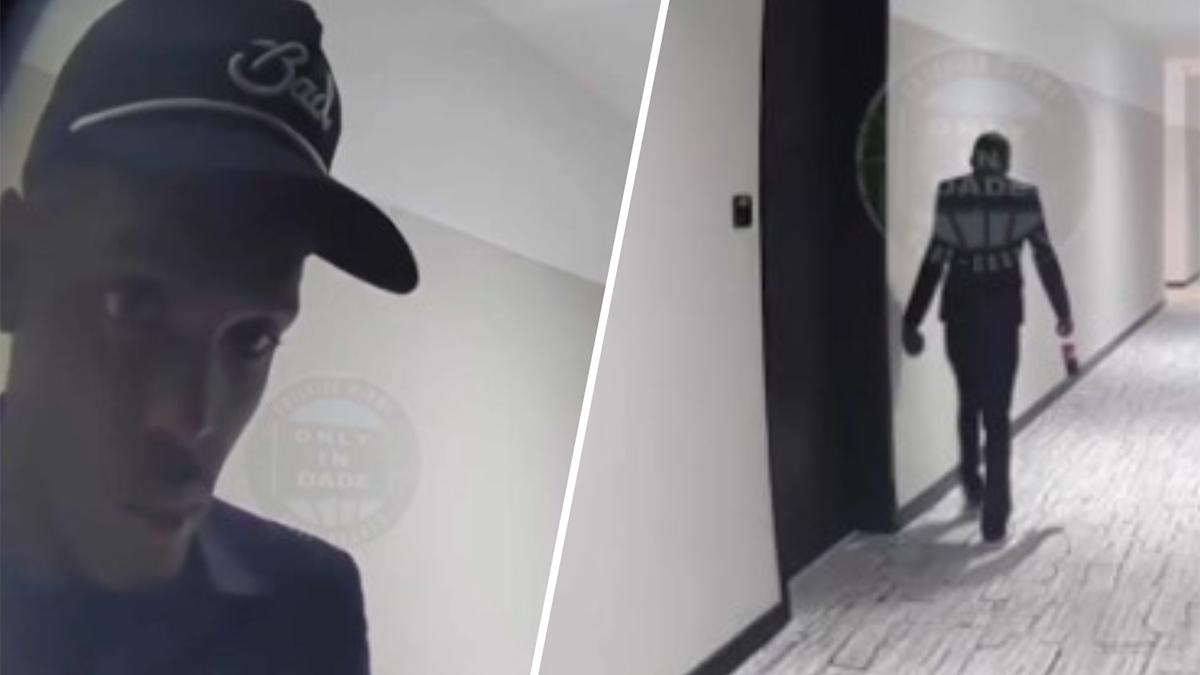Roughly 2,225 youthful offenders have passed through Miami-Dade County's boot camp program since it began in 1995. Less than ten percent of them have gone on to commit another crime. In corrections talk, that's one awesome rehab rate.
"Basically, they break you down and build you back up," says Jason Bravo, 29, a boot camp alumnus. "It's very intense, both physically and mentally,"
When he was 17, Bravo was out of control, careening down the wrong track, arrested for armed robbery. Now he's the poster child for boot camp success. He went to FIU, got a law degree from FSU, and just passed the bar exam. Bravo was actually offered a job by the State Attorney's Office, which once prosecuted him.
"What boot camp gave me was an opportunity," Bravo says, "to better my life and move forward from a mistake that happened as opposed to pretty much rotting away in a jail cell."
Bravo says it's not just the intense, in-your-face environment that does it. It's the probation period after graduation, when the boot camp personnel closely monitor everything, pushing the grads into the working world or into college.
But success doesn't guarantee boot camp's survival. Miami-Dade County Manager George Burgess has cut off its funding. Boot camp ends April 2.
"I would tell him that the program definitely pays for itself and moreover," Bravo said.
Local
"Instead of going to boot camp, these kids are gonna end up in state prison, we call that 'crime college'," attorney Rick Freedman said.
Freedman is the past president of the Florida Association of Criminal Defense Lawyers. He's also the attorney for the Josie Ratley family. She's the 8th-grader lying in a coma after being brutally beaten by another teenager. Freedman says boot camp's demise means more thugs will be created, calling it a public safety issue.
"Punks are going to be sticking guns in people's faces, homes are going to be burglarized more, crime is going up because these people are going to be more educated about how to commit better crimes instead of how to be employed at a job," Freedman says.
And don't think this is a bleeding heart issue. This is the rare topic that both defense lawyers and prosecutors agree on.
The State Attorney's office sent a prosecutor to join half a dozen judges to beg Burgess to save the boot camp in a meeting Tuesday afternoon. Freedman was there, and tells us the county manager agrees it's a great program, but says he can't find the money to keep it going.
So how much are we talking about? $15 million? $10 million? Nope.
Just $1.8 million dollars will be saved by cutting boot camp. Jason Bravo says that's a miniscule investment compared to its worth.
"I think in my case alone, over the span of my potential career, I think I'll have generated more money in contributing back to the community than what the program costs to keep running," Bravo said, and pointed out there are many more boot camp grads just like him.
It's proven to be a win-win program. If you think Miami-Dade's boot camp is worth saving, call your county commissioner.



